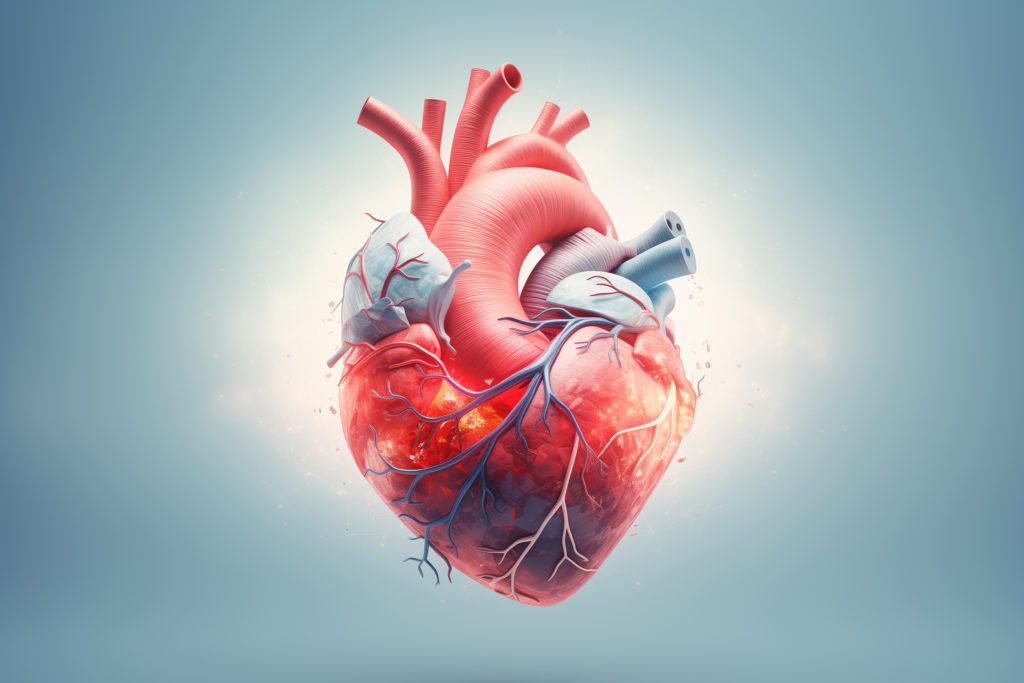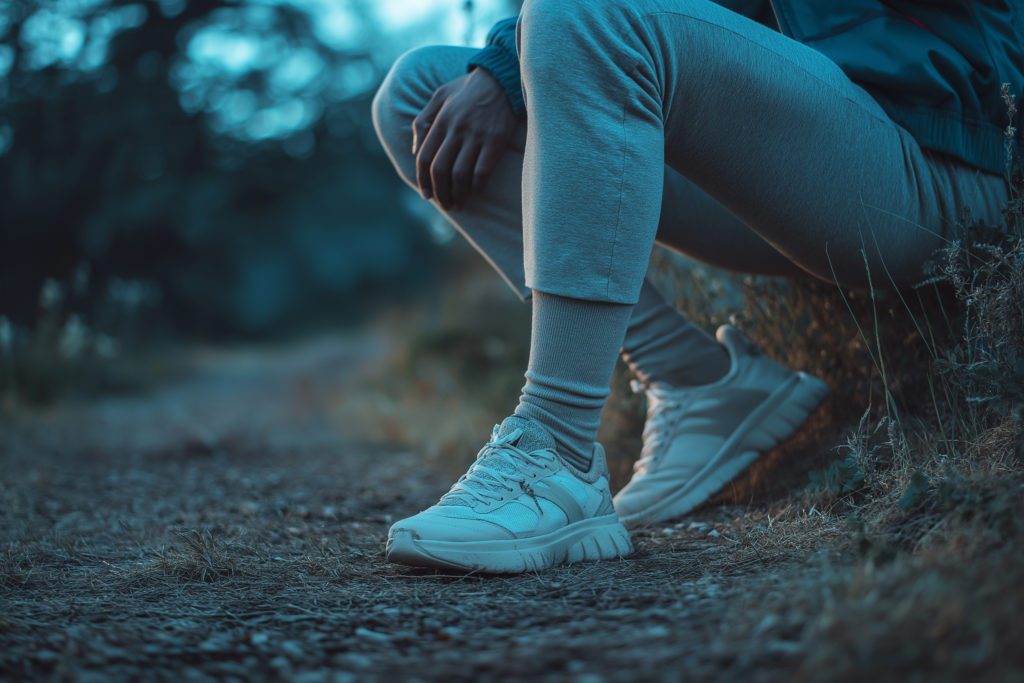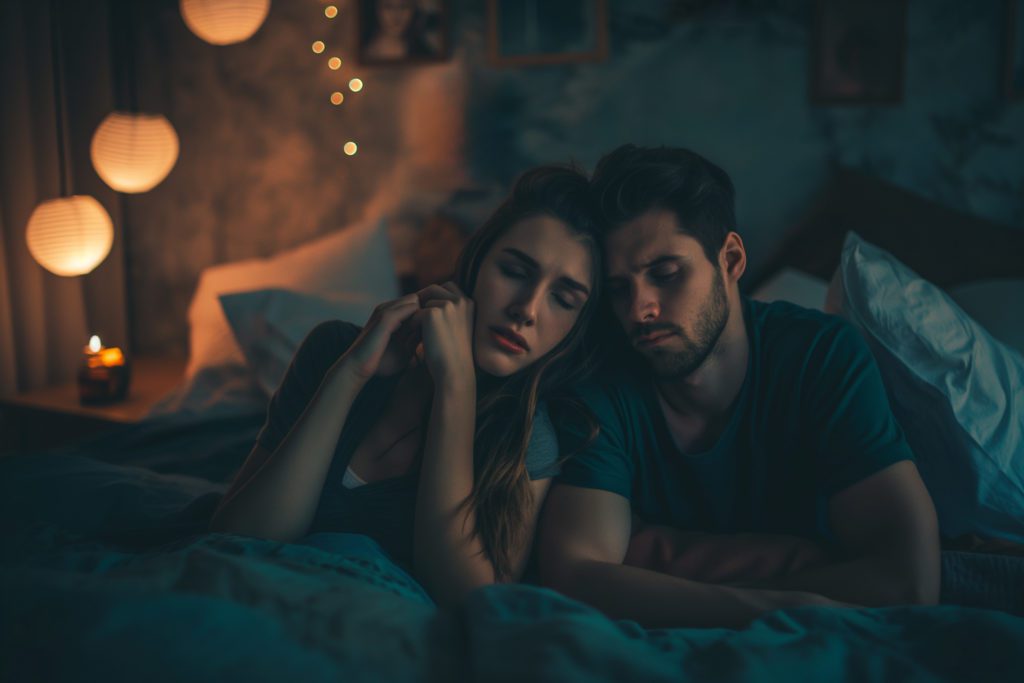
Why Do Leg Cramps Happen at Night and How Does Sleep Affect Them?
Leg cramps can interrupt your sleep and leave you tired and achy come morning. Learn about the causes of nocturnal leg cramps and how sleep affects them.

Leg cramps are undeniably uncomfortable and even more frustrating when they don’t contain themselves to daytime hours—the only thing worse than a leg cramp is knowing that your leg cramp is eating away at your sleep and that you’ll be tired come morning.
Why leg cramps occur at night remains a mystery within the scientific community, but there are known factors that can increase the risk of a leg cramp, meaning there are steps you can take to prevent them from occurring.
Why Do Leg Cramps Occur at Night?
Nocturnal leg cramps come about suddenly and without any warning. One second, you may be lying in bed trying to sleep or, in many cases, already asleep, when you’re suddenly jerked from sleep due to a seizing in your lower leg, your muscle hard to the touch as pain consumes you to the point where all you can manage to do is breathe and not scream out.
Unfortunately, experts remain unsure of the exact cause of leg cramps at night. However, they do know of some factors that can increase your risk of experiencing a leg cramp:
Being Pregnant
As if growing a child isn’t enough, pregnant women spend nine months with a range of side effects, including leg cramps. While researchers aren’t sure if the marked increase in leg cramps during pregnancy is because of the pregnancy itself or because blood flow is lower as a result of pregnancy, those who are pregnant may nevertheless be more likely to experience leg cramps, especially during the third trimester.
Taking a magnesium supplement has been shown to reduce leg cramping duration and frequency in those who are pregnant, but always be sure to check with your doctor before starting any new supplements during your pregnancy.
Not Drinking Enough Water
If you don’t drink enough water during the day, your legs may cramp at night, with dehydration shown to have symptoms that include muscle weakness and cramping.
Certain Medications
Certain medications, including diuretics, statins, and long-acting β2-agonists (LABAs), are associated with a higher risk of nocturnal leg cramps. If you experience leg cramps at night and take any of these medications, they may be connected. Talk to your doctor about your leg cramps—they may decide that it’s best to switch you to an alternative medication.
Being On Your Feet All Day
Do you have an occupation where you spend most of the day on your feet? Research has shown that standing for a long time may increase your risk of cramps at night, so if your job has you standing for long times, try to be more conscious about taking breaks to sit down.
Drinking Alcohol
Research on individuals over the age of 60 has found that those who drink alcohol are more likely to experience leg cramps at night, which may be because of the alcohol-inflicted damage to the muscle fibers. While more research is needed to determine if this is the true cause, the connection between alcohol consumption and nocturnal leg cramps nevertheless exists.
Exercising
While exercising is good for your health, it may also be a risk factor for leg cramps. Specifically, if your muscles are overworked or fatigued, they can be at a greater risk of cramping. While these are technically exercise-associated muscle cramps, if they occur at night, they may be mistaken for nocturnal leg cramps.
Stretching can help relieve leg cramps that occur as a result of exercise.
Can My Sleeping Habits Cause Leg Cramps?
The factors above that can increase the likelihood of leg cramps occur during the day, but are there nighttime habits that can also increase the risk of leg cramps?
When it comes to nighttime habits and how our sleep affects leg cramps, it primarily revolves around positioning and, more specifically, the positioning of our foot. Typically, we sleep with our feet and toes extending away from the body, which is a position called plantar flexion. However, this position causes the calf muscle to shorten, which can then increase the likelihood of cramping.
Knowing this, plantar flexion may be what sets a nighttime leg cramp off when daytime habits already increase the risk.
Management Strategies for Nocturnal Leg Cramps
As expected, nocturnal leg cramps can affect your sleep, either by keeping you awake or by disrupting your sleep as they pull you out of it. In the morning, not only do you have the lingering memory of the leg cramp, but you also then have to deal with tiredness from being woken up during the night and having your sleep interrupted.
When you combine an interrupted night of sleep and the painful reminder of why, your day can start on the wrong foot before you even get out of bed.
To help prevent a leg cramp, try these tips:
- Stay hydrated. Since dehydration can increase the risk of cramping, hydration is a clear step towards preventing leg cramps. If you’re experiencing a leg cramp, research has found that hydrating with pickle juice can help stop the cramp quickly.
- Stretch it out. Doing some stretching or yoga before bed can help reduce leg cramping, but research suggests that it’s only after you’ve committed to the routine for a few weeks. So, there’s no better time to start than now!
- Massage. If your leg muscles are tense going to bed, a leg cramp may be more likely. Massaging your calves and feet before bed may thus help to reduce the risk of cramps during the night by helping to remove tension from the muscles.
- Don’t over- or under-exert yourself. Neither end of the spectrum is good. Exercising too hard during the day or standing all day can increase the risk of a cramp, as can sitting for too long. Try to find a balance between the two during the day.
If you’re experiencing frequent leg cramps at night, and they’re disrupting your sleep, it may be time to make an appointment with your doctor. Not only can the cramps be uncomfortable, but sleep deprivation can have some significant complications that you’ll want to avoid.
In many cases, though, taking care of yourself during the day is enough to reduce the likelihood of leg cramps at night. Finding a balance between standing and sitting, staying hydrated, and stretching before bed can all help to relax your muscles while also relaxing your mind, prepping you for a good night of sleep without any tense muscles.

Written by
Jessica G
Medical writer freelancer who has written hundreds of articles on varying topics. Masters of Engineering degree in Biomedical Engineering.
Download Pillow
Get help
Press & News
Legal
Connect
X (Twitter)
Company
Copyright © Neybox Digital Ltd.



